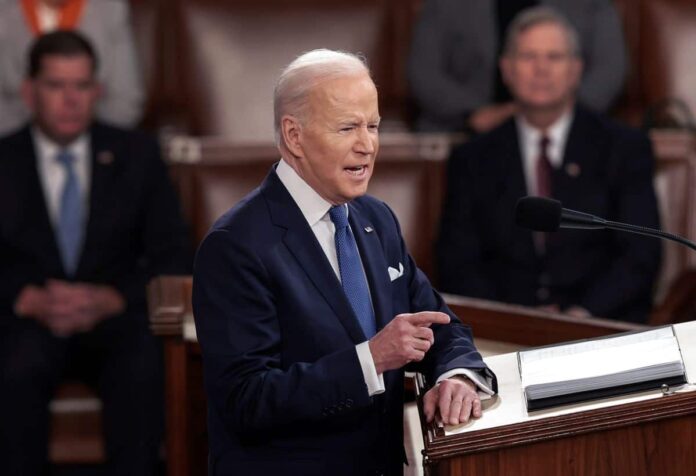[ad_1]
For people living in cities and suburban areas, high-speed internet became common a few years back. However, the same thing cannot be said for the people living in rural areas, for whom, even in this digital age, high-speed and reliable internet is still a luxury. Now, in an effort to solve this digital divide, the Biden administration has recently announced the allocation of $930 million in grants to enhance broadband internet access in rural areas.
These grants are part of the Department of Commerce’s “Enabling Middle Mile Broadband Infrastructure Program” and will enable companies to deploy over 12,000 miles of new fiber optic cable across 35 states and Puerto Rico, thus addressing the disparities in areas such as education, employment, healthcare, and social engagement. Additionally, the Biden administration expects grant recipients to contribute an additional $848.46 million, effectively doubling the program’s impact.
Commerce Secretary Gina Raimondo has applauded this new initiative, stating, “Much like how the interstate highway system connected every community in America to regional and national systems of highways, this program will help us connect communities across the country to regional and national networks that provide quality, affordable high-speed internet access.”
Benefits of the new initiative
It’s no secret that high-speed and affordable internet would be a lifeline for students and educators, enabling remote learning, access to online resources, and virtual collaboration. It would also create new opportunities for remote work, granting individuals the flexibility to pursue employment regardless of their geographic location. Furthermore, high-speed internet would enable telemedicine, allowing people to communicate with doctors in big cities.
The White House is Aiming for Success
To ensure the success of the program, the Biden administration has already partnered with 20 prominent internet service providers, including Verizon, Spectrum, AT&T, and Optimum, who are offering high-speed internet access for $30 or less per month. Moreover, qualifying households will have the opportunity to access the service at no cost.
Among the grant recipients, one Alaska-based telecommunications company received a substantial $89 million pledge to establish fiber-optic networks in areas where 55% of residents currently lack internet access. Similarly, a California company will receive a grant of $73 million, while a Michigan-based telecom company will receive $61 million. However, it is important to note that each company will have five years to fulfill their promises.
[ad_2]
Source link
